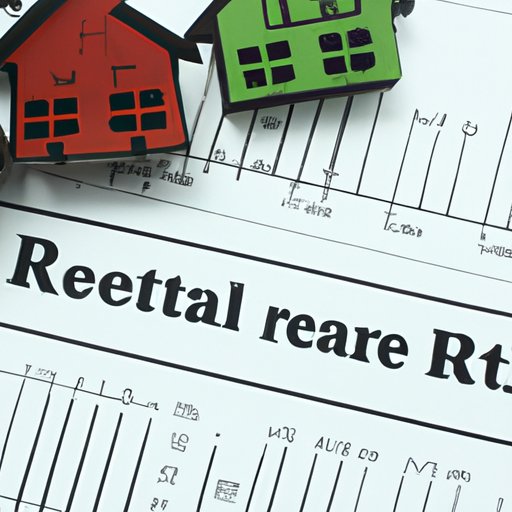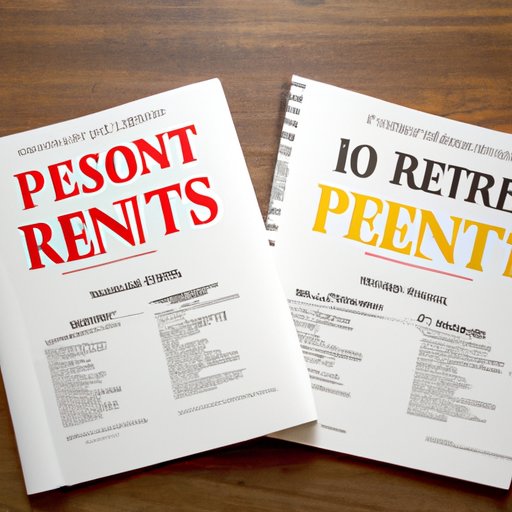Introduction
Rent is an essential part of any budget, whether you’re a student, professional, or retiree. It’s important to understand what kind of rent you can afford and how much of your income should go towards rent. In this article, we’ll explore how much you should be spending on rent compared to your income, including factors that influence rent prices, affordability ratios, and the pros and cons of renting versus homeownership.
Compare Average Rent to Average Income in Different Areas
When it comes to setting a budget for rent, it’s important to consider both average rent prices and average incomes in different areas. Factors such as location, size of the property, amenities, and availability of nearby jobs will all affect the cost of rent in a given area. Sources of data such as the U.S. Census Bureau, National Association of Realtors, and Zillow can provide valuable information on median rents and median incomes in different areas.
Calculate Affordability Ratios for Rent and Income
Once you have a better understanding of average rent prices and incomes in different locations, you can calculate affordability ratios for rent and income. To do this, you need to first calculate your gross and net income. Gross income is the amount of money you make before taxes, while net income is the amount of money you take home after taxes. You can then use these figures to calculate the ratio of rent to income. This ratio shows how much of your income is going towards rent.

Determine a Reasonable Percentage of Income to Spend on Rent
Generally speaking, experts recommend that you spend no more than 30% of your income on rent. This number can vary depending on other financial considerations, such as how much debt you have, how much money you have saved, and whether you are able to afford additional expenses such as groceries and utilities. Ultimately, it’s best to create a budget that allows you to save for the future while still covering your basic needs.

Examine the Impact of Rent on Overall Financial Health
It’s important to understand the impact that rent has on overall financial health. Paying too much for rent can lead to financial strain, which can in turn lead to credit score damage. Additionally, rental history reports are often used by potential landlords to assess an applicant’s rental history, so it’s important to stay up to date on rent payments.

Analyze the Pros and Cons of Renting Compared to Homeownership
Renting and homeownership each have their own advantages and disadvantages. Renting is typically cheaper in the short-term and offers more flexibility since you don’t need to worry about maintenance costs or long-term commitments. On the other hand, homeownership can offer more stability since you’re investing in a property, and it can also result in tax deductions and build equity over time. Ultimately, it’s important to weigh the pros and cons and decide which option is right for you.
Conclusion
Rent is an important consideration when it comes to budgeting and managing your finances. When deciding how much rent to pay, it’s important to consider factors such as location, size of the property, amenities, and average incomes in different areas. Additionally, affordability ratios, reasonable percentages of income to spend on rent, and the pros and cons of renting versus homeownership should all be taken into account. With careful planning and research, you can find a rental that fits within your budget and meets your needs.
(Note: Is this article not meeting your expectations? Do you have knowledge or insights to share? Unlock new opportunities and expand your reach by joining our authors team. Click Registration to join us and share your expertise with our readers.)
